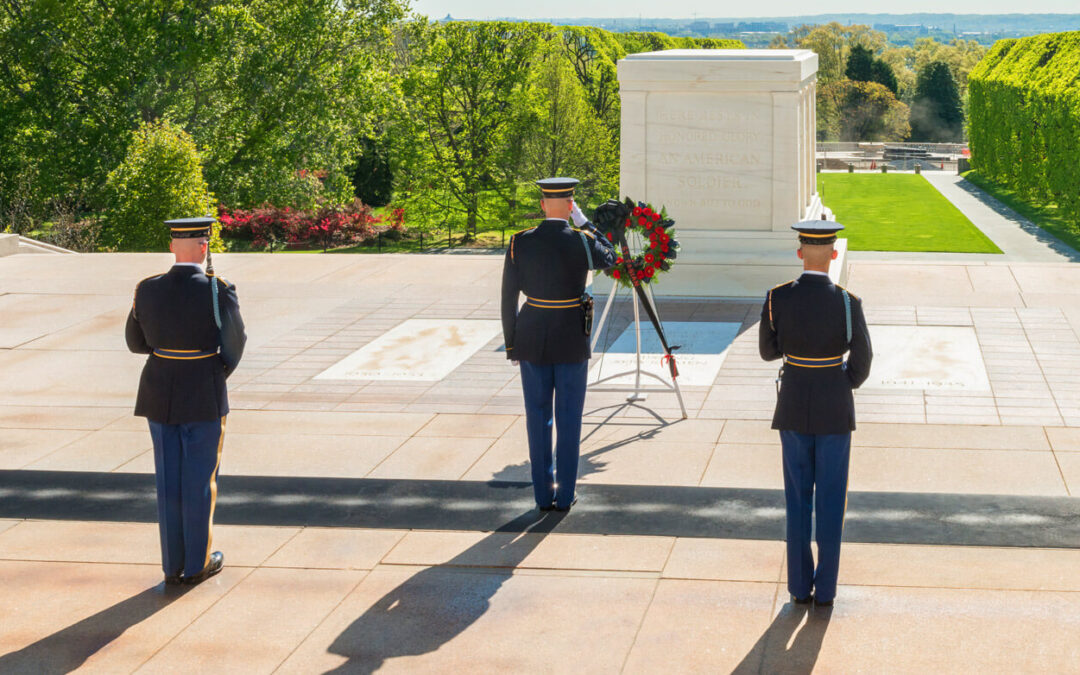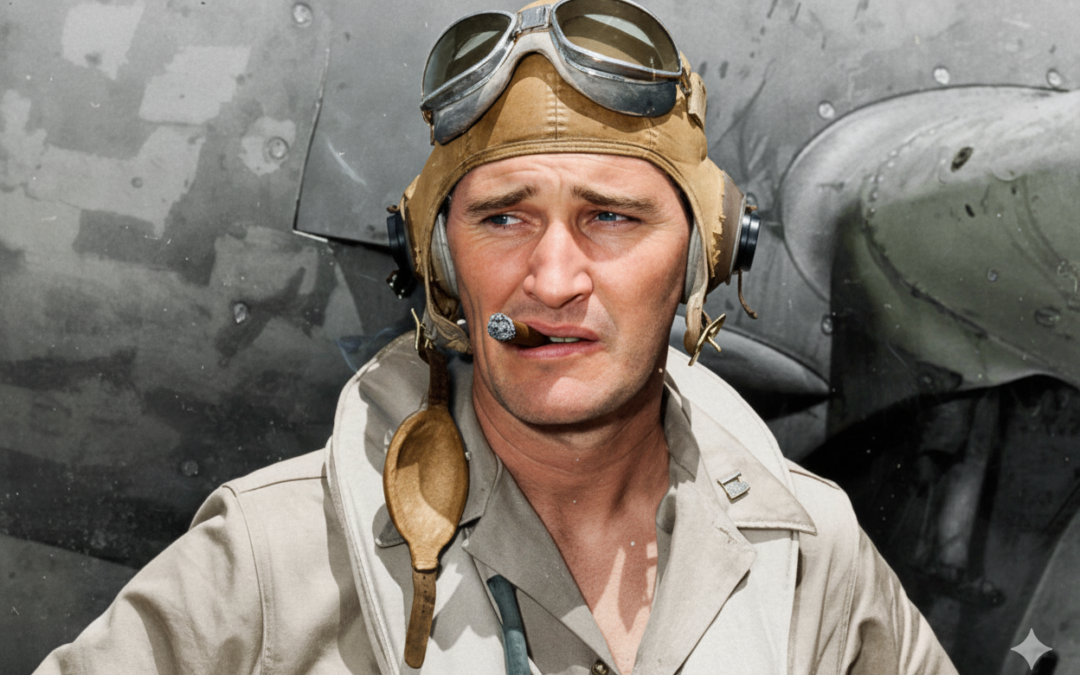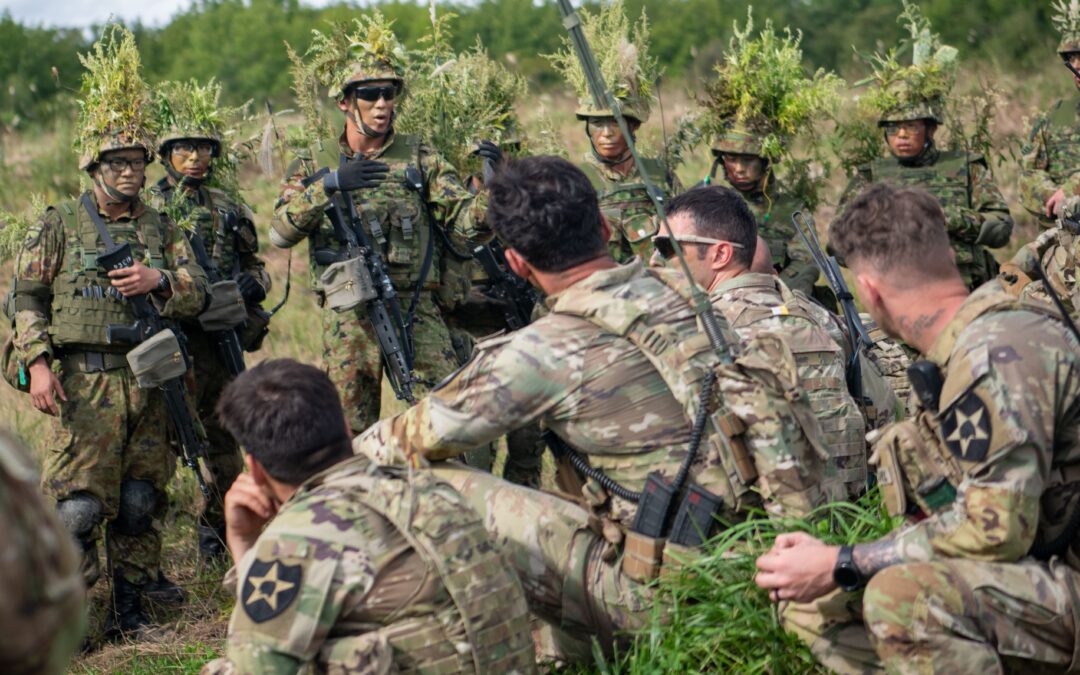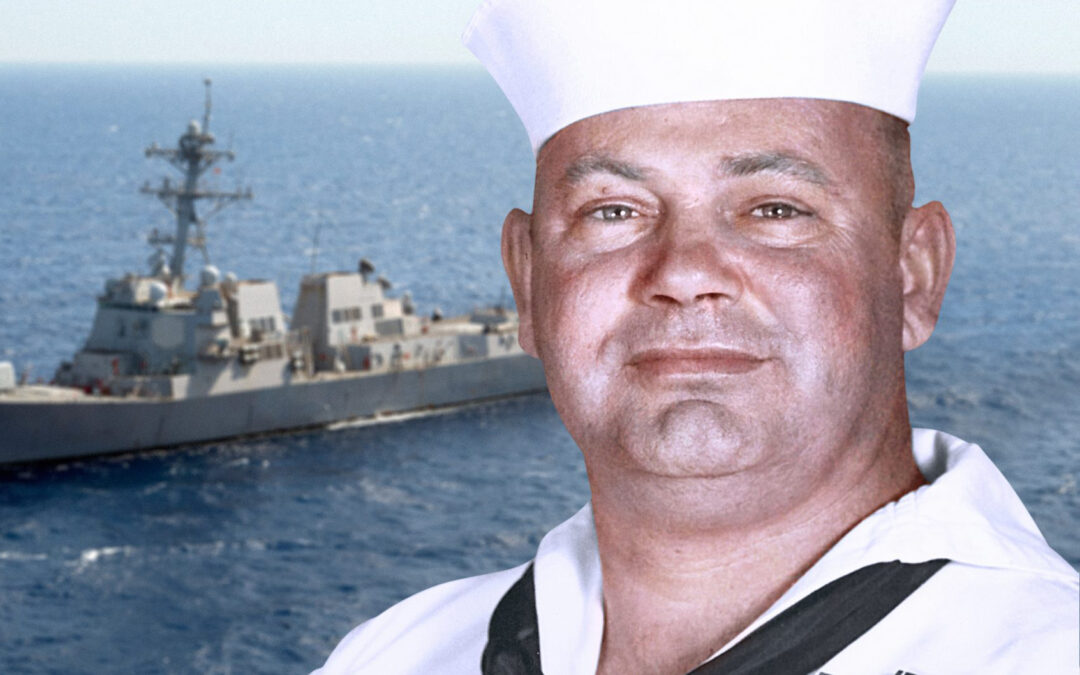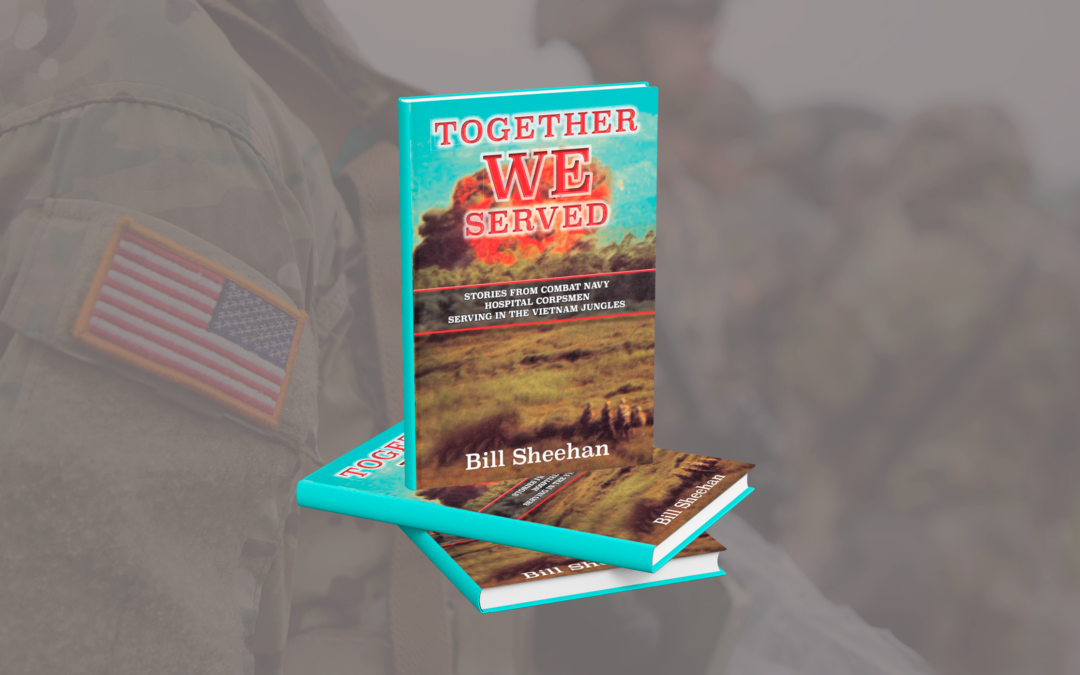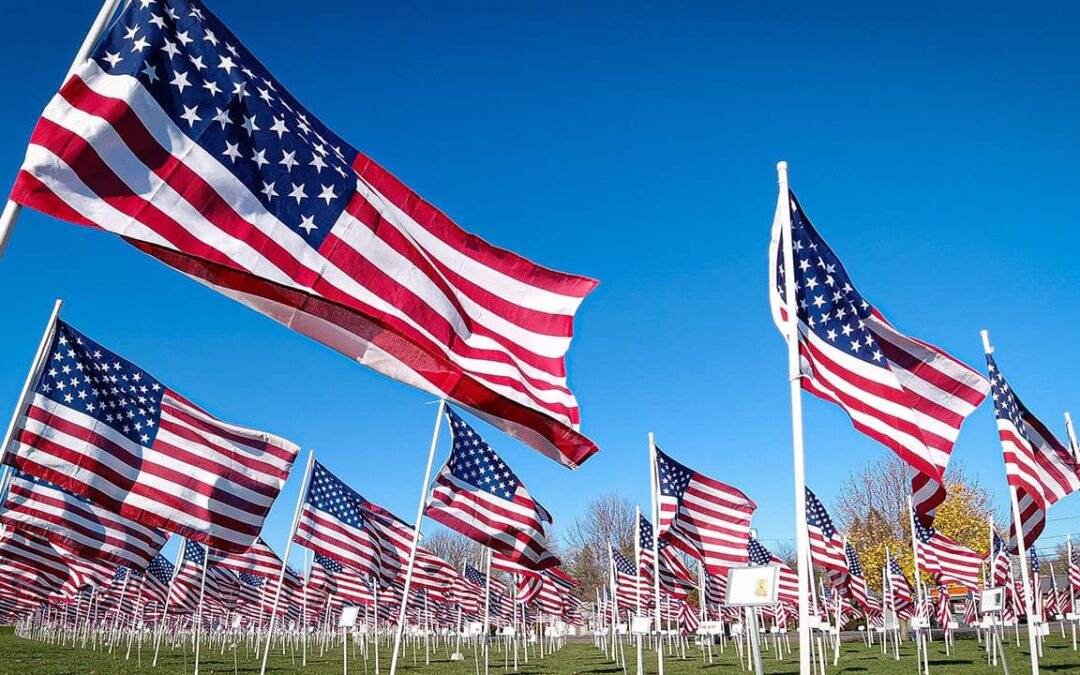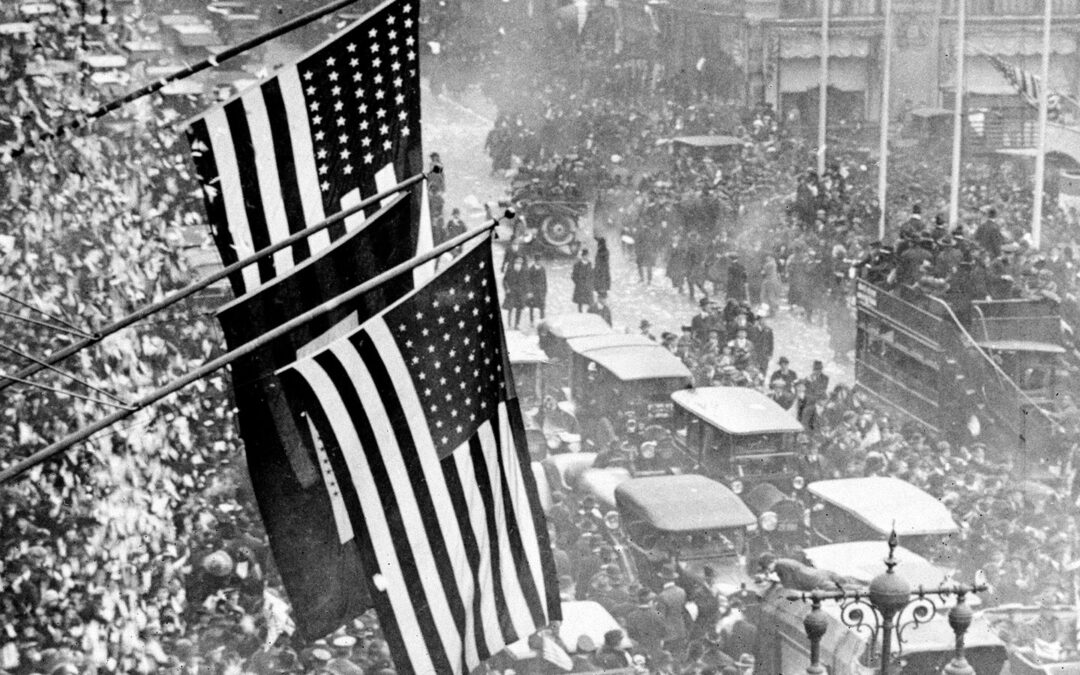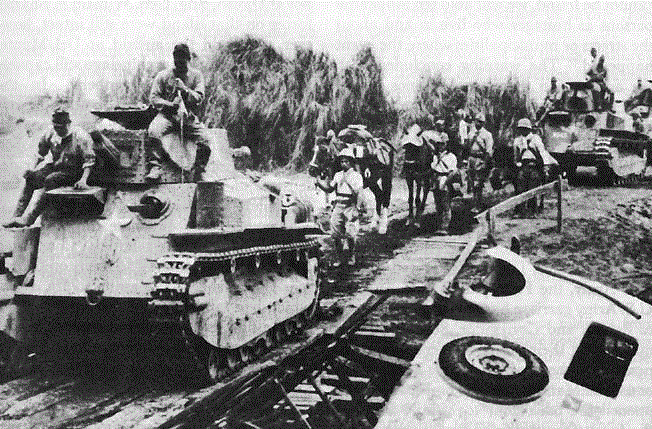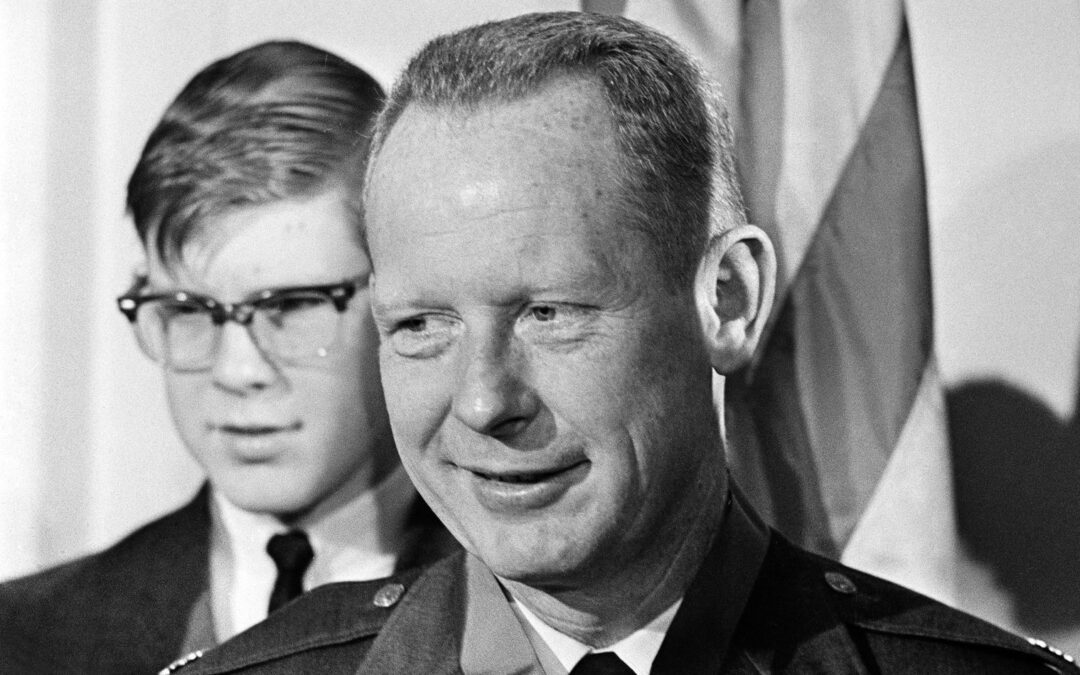In 1984, Matsuzo Gibo added traditional Mexican-style spices to ground beef and put the spicy meat mixture on a bed of rice, then added lettuce and shredded cheese. He started selling it from his food stall as a quick lunchtime meal. The simple dish, now known the world over as "taco rice," conquered Okinawa faster and with far less resistance than the U.S. military did during World War II. How Taco Rice Became a Beloved Dish Near Camp Hansen Gibo, who died in 2014, was the owner of the...

